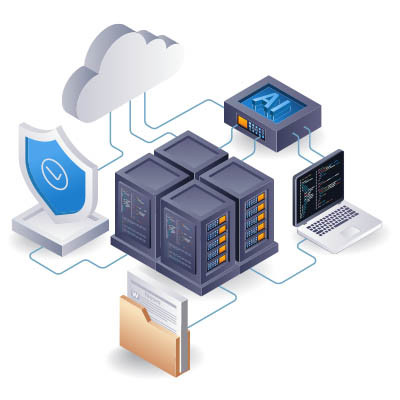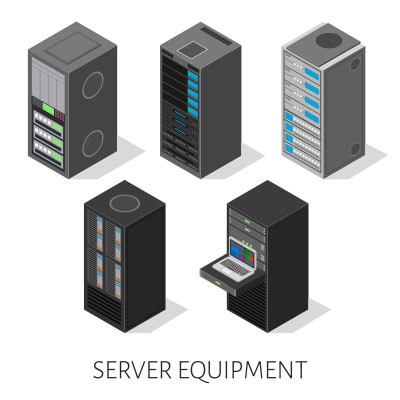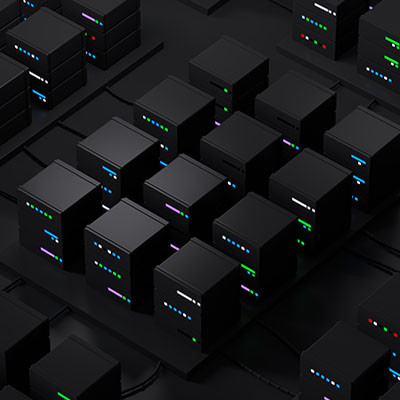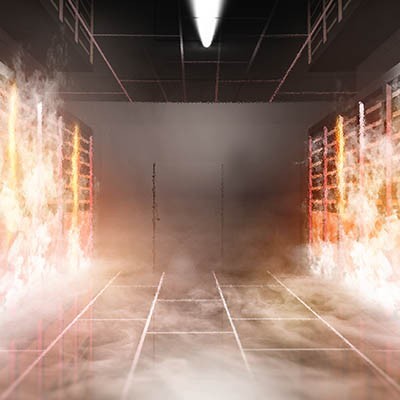Ferrum Technology Services Blog
No matter what kind of business you work, having a repository of files that is organized and easy to navigate is a huge benefit. Like anything else that has a lot of traction, it is often difficult to keep organized in a manner that is best for your business. Let’s take a look at some ways that you can do just that.
File efficiency is not something that is talked about very often as a key component to running a successful business, but it certainly is. Keeping an organized digital environment saves a lot of time and keeps projects and services working efficiently. Let’s take a look at why file efficiency is important and how to achieve it.
There’s no getting around the fact that server management is difficult for SMBs. While they might be a critical part of your operation’s infrastructure, servers are complex pieces of technology. If they are not appropriately managed, your company could waste time, energy, and resources. Today, we want to highlight the primary functions of server management and how you can get the most out of your existing resources.
Servers contribute a significant effort toward your computing infrastructure, so it makes sense that you want devices that can fulfill your needs with performance, reliability, and security. To get the most out of your server units, we like to recommend you consider the following six tips when choosing new server hardware.
Are you sure that your business can control all of its data? Are you absolutely certain that it can be accessed when needed? Can you guarantee that it’s as secure as humanly possible, wherever it happens to be? You should be able to answer these questions with an unequivocal and resounding “yes,” yet central data management is far from a simple task.
Your business runs on its data, and without an infrastructure to support your operations, your productivity will be dead in the water. Most businesses choose to host their data on servers, and if you know anything about these complex pieces of machinery, you know that managing and maintaining them can be an involved process. Let’s go over some best practices to ensure you manage your server infrastructure appropriately.
Your business relies on its servers in order to function - which makes it incredibly important that these servers are sufficiently protected. There are a few practices that you can put into place that will help you to secure your server room. Let’s work our way from the inside out as we review them.
Cloud computing has changed the way that businesses function, including some organizations that have foregone the on-premise server entirely in favor of it. Unfortunately, this approach can be problematic, as the data security and privacy issues associated with cloud-based resources might prove to be less than sustainable for your particular business.
The cloud is one of the best ways providers can make their services accessible, but not all businesses have the same needs. Some might host their cloud-based services on-site, while others might outsource the management to a third-party organization. Hosted VoIP is one of the most common ways businesses utilize the cloud, but what makes it better than the traditional on-site method of hosting? Let’s dig in.
Most businesses rely on email in at least some capacity. Nowadays, organizations often choose to outsource the management of their email servers, including their hosting, to other organizations, most notably cloud providers for ease of use. Here are some of the benefits that you can gain from switching your in-house email management to a cloud-based email server.
Servers are responsible for the distribution and storage of your business’s data infrastructure, as well as the deployment of important applications and data. However, if your organization is responsible for the upkeep and maintenance of these server units, you’ll be tasked with having the knowledge of how to keep them in optimal shape. We’ll discuss some of the ways you can better take care of your server units, as well as the optimal solution: server hosting.
 Though not everyone believes them, we all know about the horror stories of the spirits of the dead that linger in this world, haunting locations where no one dares to tread. Every culture, though their beliefs vary, contains them to some degree. Their purpose is unknown, and they are thought to be caused by unfulfilled desires or regrets. But regardless of whether or not you believe in them, you better believe that your business can very well be haunted by ghost servers.
Though not everyone believes them, we all know about the horror stories of the spirits of the dead that linger in this world, haunting locations where no one dares to tread. Every culture, though their beliefs vary, contains them to some degree. Their purpose is unknown, and they are thought to be caused by unfulfilled desires or regrets. But regardless of whether or not you believe in them, you better believe that your business can very well be haunted by ghost servers.
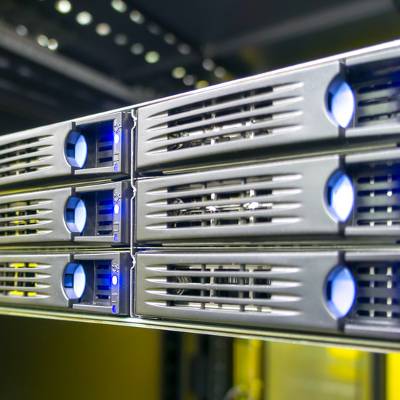 It's no secret that businesses often have limited space and resources. The problem is that you need your IT infrastructure in order to do business, and when you don't have a dedicated server room, you have to house your server in a common area. This presents an annoyance since a running server sounds like an air conditioning unit on full blast.
It's no secret that businesses often have limited space and resources. The problem is that you need your IT infrastructure in order to do business, and when you don't have a dedicated server room, you have to house your server in a common area. This presents an annoyance since a running server sounds like an air conditioning unit on full blast.
 According to IDC, the fastest growing sector in the new cloud IT market is Infrastructure as a service (IaaS). This consists of providing users virtual machines and other resources to manage tasks over the Internet, and it's scalable to the user's needs. Additional services offered over the cloud include firewalls, load balancers, IP addresses, virtual-machine disk image library, raw (block) and file-based storage, virtual local area networks (VLANs), and software bundles. With IaaS, the cost will reflect the resources allocated and consumed, making it an attractive option for businesses wanting to take advantage of these services without having to purchase and maintain their own IT infrastructure.
According to IDC, the fastest growing sector in the new cloud IT market is Infrastructure as a service (IaaS). This consists of providing users virtual machines and other resources to manage tasks over the Internet, and it's scalable to the user's needs. Additional services offered over the cloud include firewalls, load balancers, IP addresses, virtual-machine disk image library, raw (block) and file-based storage, virtual local area networks (VLANs), and software bundles. With IaaS, the cost will reflect the resources allocated and consumed, making it an attractive option for businesses wanting to take advantage of these services without having to purchase and maintain their own IT infrastructure.



